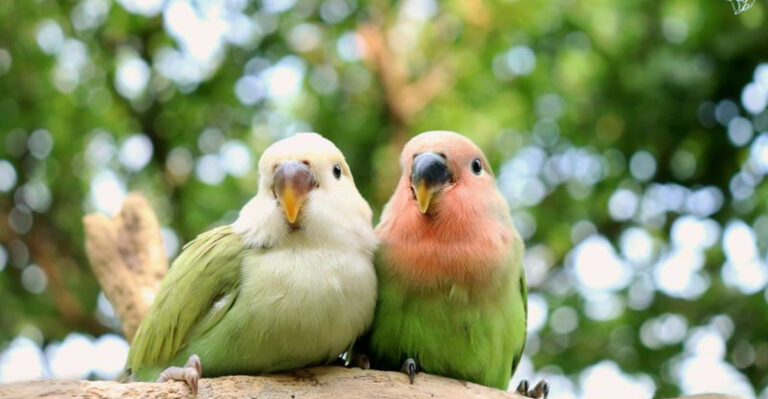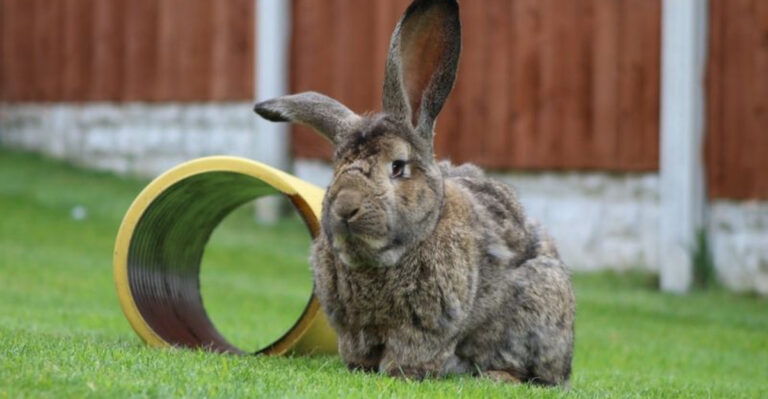15 Subtle Clues Your Hamster Might Be Nearing The End
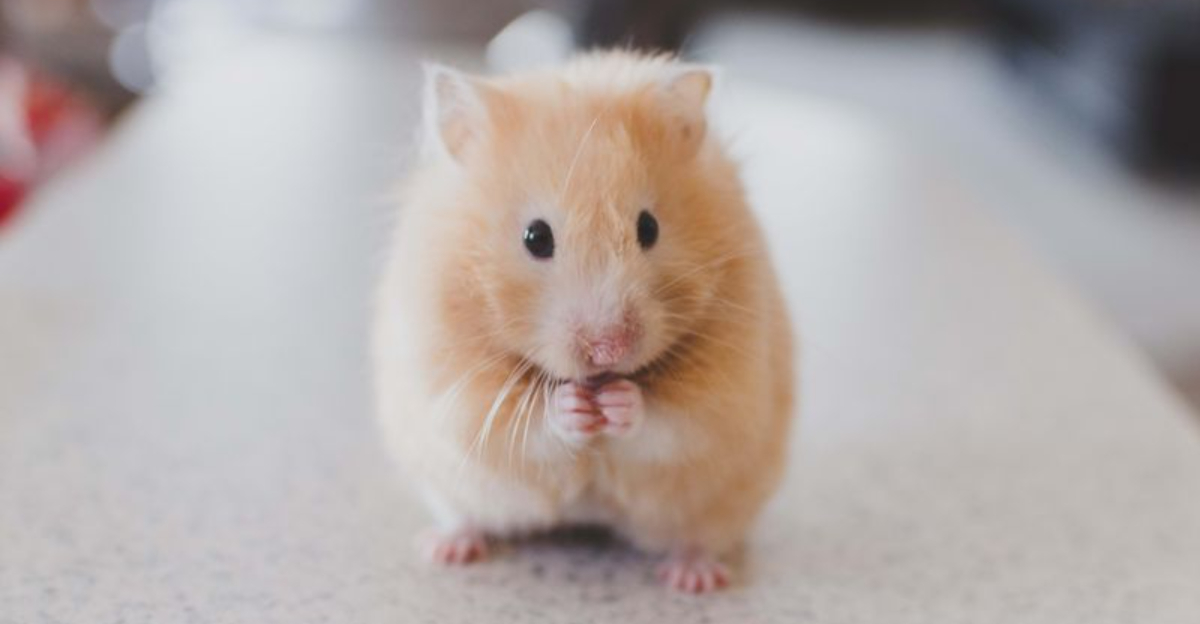
Ever stumbled upon an old photo, only to find yourself deep in nostalgic reverie? Just like those snapshots, hamsters carry whispers of stories untold, especially when they’re nearing their final chapters.
Knowing these tales not only helps in cherishing the moments but also prepares you for those inevitable goodbyes. Let’s unveil the subtle hints your furry storyteller might be giving you.
1. Weight Loss Woes
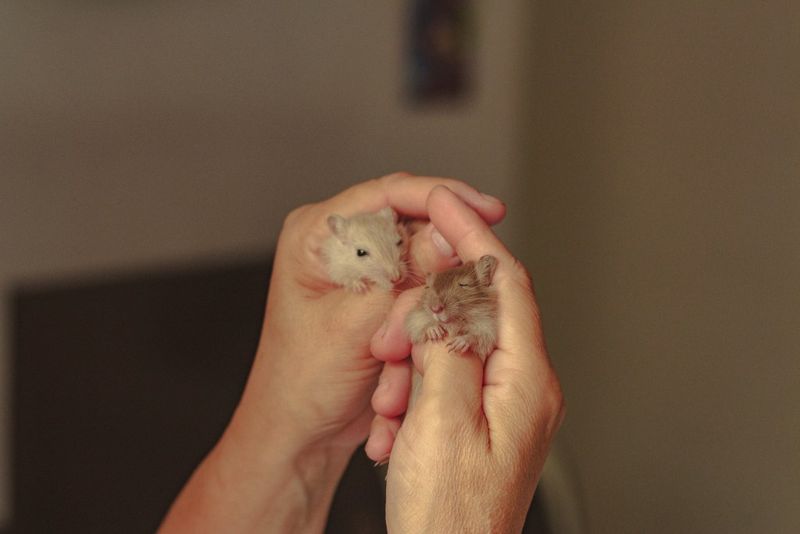
Has your little guy’s favorite treat started piling up? A loss in appetite could be more than just being picky. Hamsters are creatures of habit, and sudden weight loss might be a red flag.
While a diet change or stress might be the cause, a continual decrease might mean it’s time for a vet visit to check in on their health.
2. Energetic No More
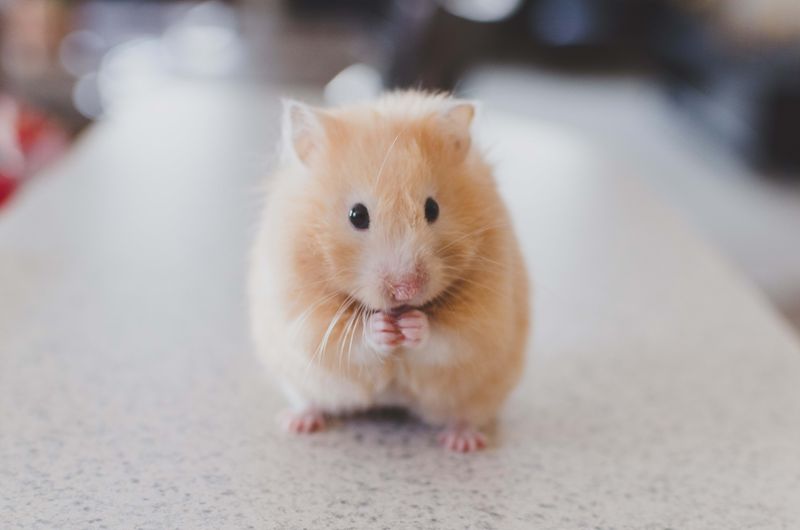
Once the star of the evening hamster Olympics, a decline in activity can be quite telling. If your little ball of energy is now more of a couch potato, it might be feeling under the weather.
While age naturally slows them down, consistent lethargy can point towards underlying health issues that deserve attention.
3. Coat Condition Changes
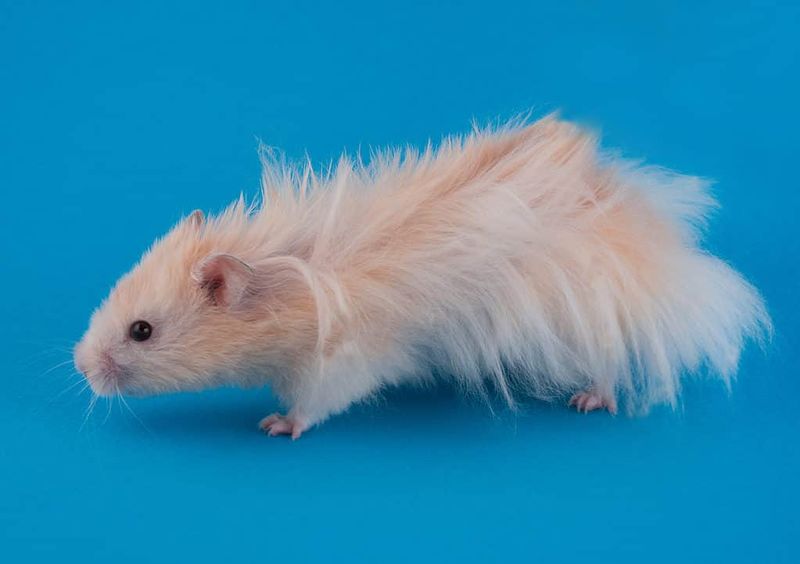
Remember when their coat was the envy of every hamster on the block? A change in fur quality can be a silent alarm. When that glossy sheen fades into dullness or patches, it’s time to look closer.
These changes can indicate nutritional deficiencies or illnesses that need addressing before they worsen.
4. Breathing Abnormalities
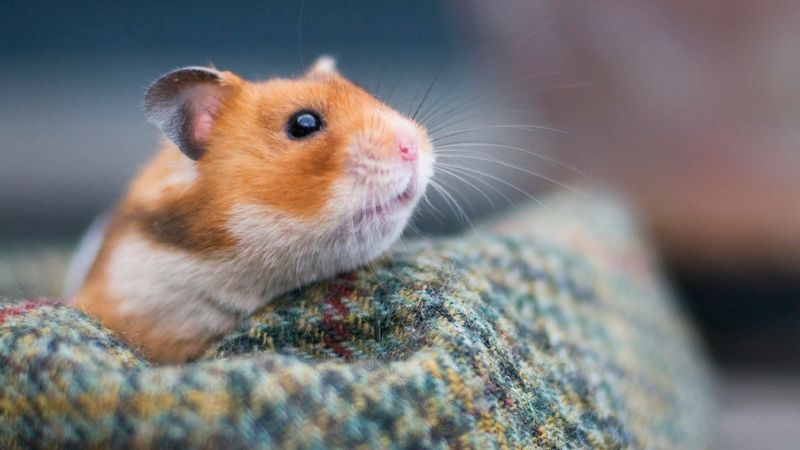
Hamsters aren’t typically mouth-breathers. If you catch yours huffing and puffing like a tiny steam engine, it’s cause for concern. Labored breathing can signal respiratory problems that require prompt vet attention.
While colds or allergies might explain the snuffles, persistent issues should not be ignored and need checking.
5. Behavioral Shifts
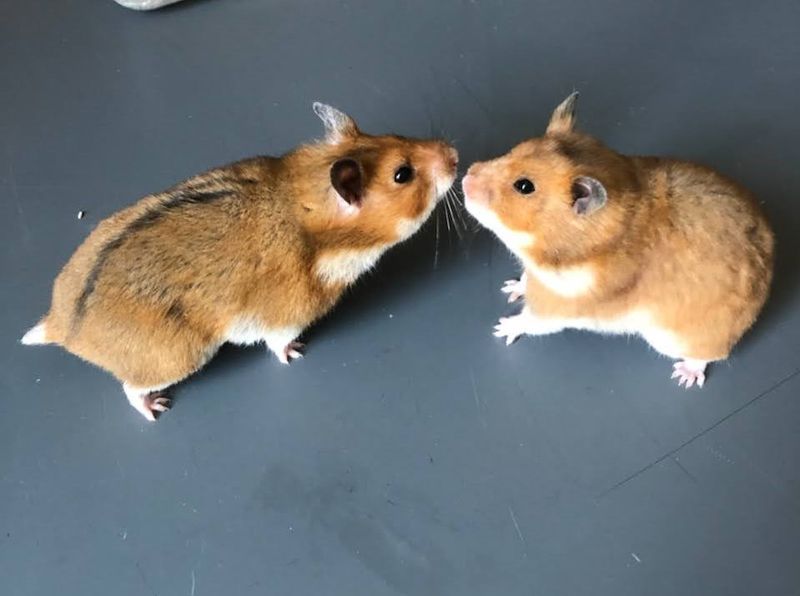
Hamsters are known for their quirky personalities. If your once-social explorer turns into an aloof recluse, something’s amiss. Behavioral changes often reflect internal struggles.
From avoiding interactions to unusual aggression, these shifts can hint at pain or discomfort that’s not always visible, warranting a closer examination of their health.
6. Eye Trouble
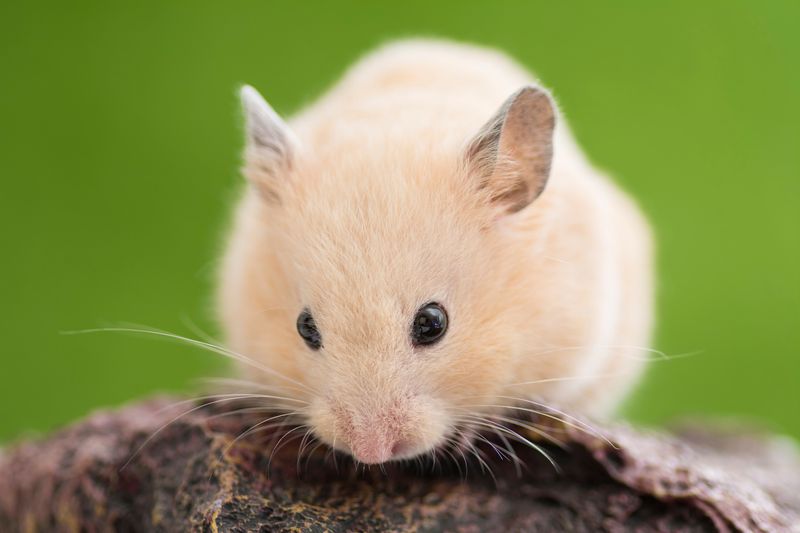
Sparkling, bright eyes are a hamster hallmark. If they start looking droopy or watery, it might be more than just a sleepy gaze. Eye issues can arise from infections or underlying health problems.
Keeping an eye out (pun intended!) for prolonged issues ensures that any developing conditions are addressed promptly by a professional.
7. Teeth Troubles
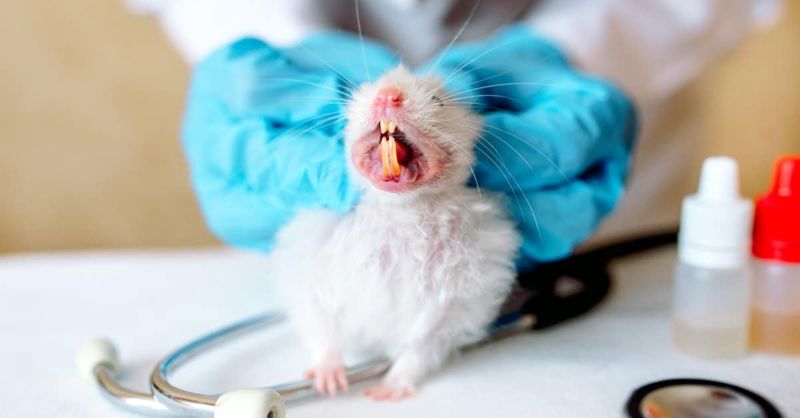
Imagine not being able to munch on your favorite snack. Hamsters need their teeth in top shape, so overgrown or misaligned teeth can spell trouble. Regular chewing is essential, and a lack thereof can lead to dental problems.
If you notice your pet avoiding food, a trip to the vet for a dental check might be in order.
8. Strange Lumps and Bumps
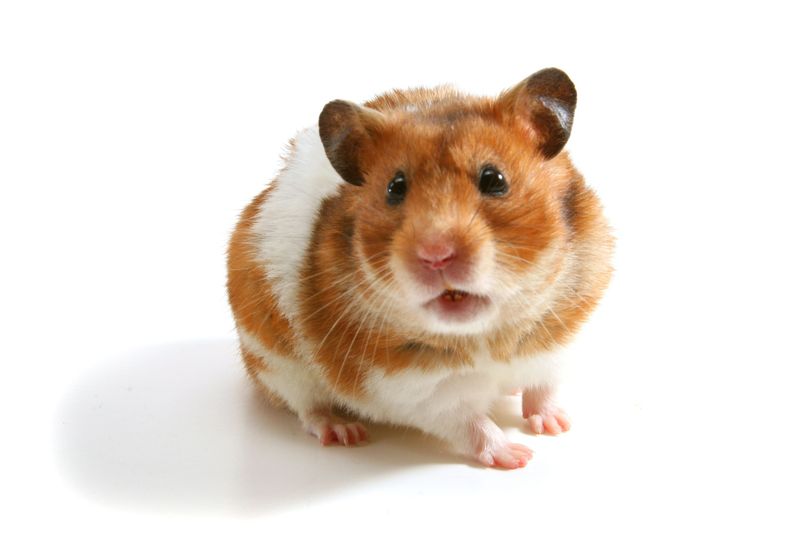
Bumps on your furry friend aren’t just beauty marks. These unexpected visitors can be benign or signs of something more serious like tumors.
Regular health checks with gentle palpations ensure that any unusual growths are detected early. Remember, when in doubt, it’s always best to have them checked by veterinary professionals.
9. Digestive Dilemmas
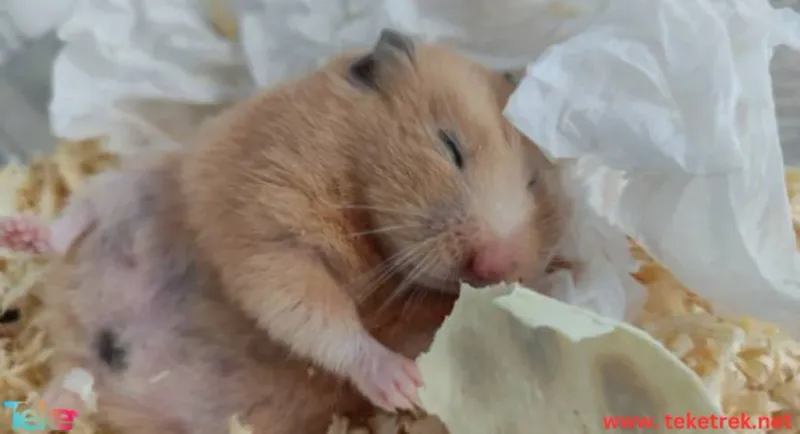
No one likes a tummy ache—not even hamsters. Irregular digestion or noticeable bloating can point to gastrointestinal issues.
From diarrhea to constipation, digestive changes can highlight dietary imbalances or more critical health concerns. Keeping an eye on their diet and seeking professional advice when needed can ward off potential problems.
10. Sudden Aggression

Is your normally docile pet suddenly channeling its inner grizzly? Unprovoked aggression might stem from pain or discomfort.
When cuddles turn into boxing matches, it’s not just a mood swing. These behavioral changes beg for a deeper dive into their health status, ensuring they aren’t acting out due to underlying issues.
11. Nose Woes
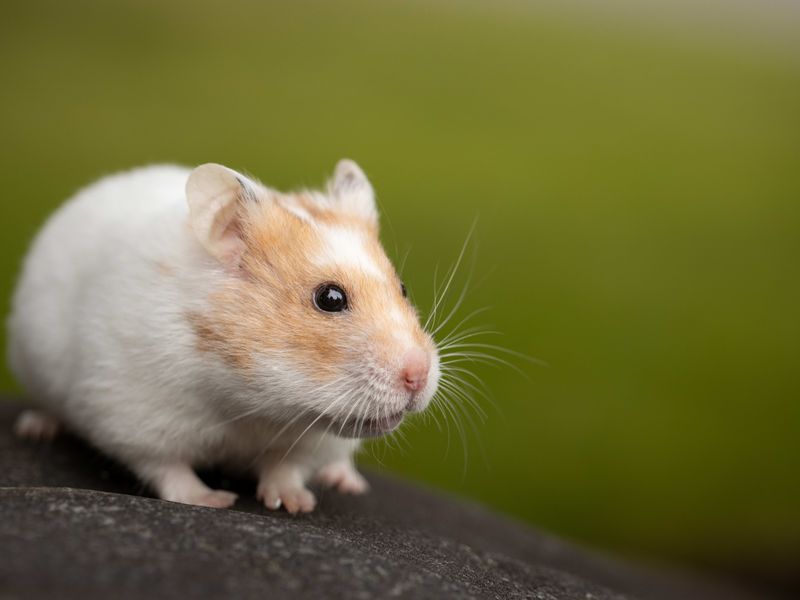
A sniffly nose isn’t just a cute quirk. Persistent nasal discharge can suggest respiratory infections or allergies, which can be quite serious for such small creatures.
If their sniffles extend beyond a day or two, it’s wise to consult a vet. Early intervention can prevent minor issues from snowballing into major complications.
12. Unstable Balance
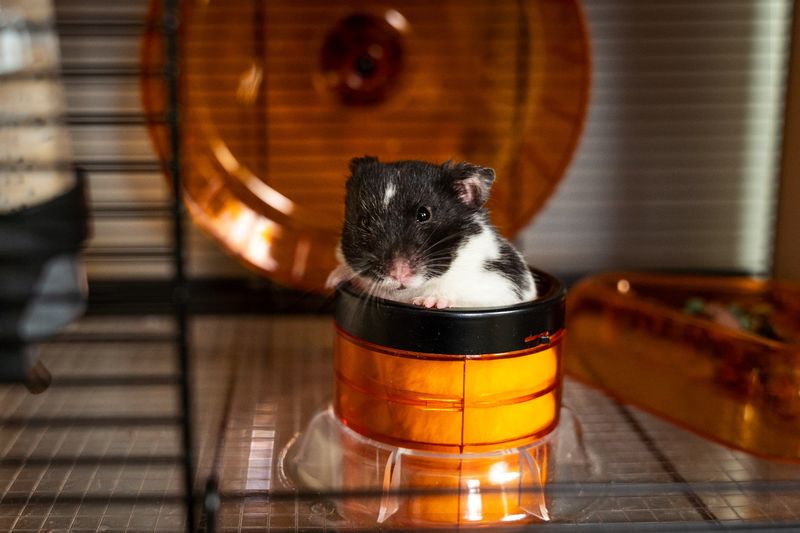
Hamsters may not be ballet dancers, but they usually have decent balance. If they’re suddenly stumbling or looking dizzy, it’s a red flag.
These symptoms can point to inner ear issues or neurological problems. Observing their movements and seeking timely medical advice can help maintain their quality of life.
13. Loss of Hearing
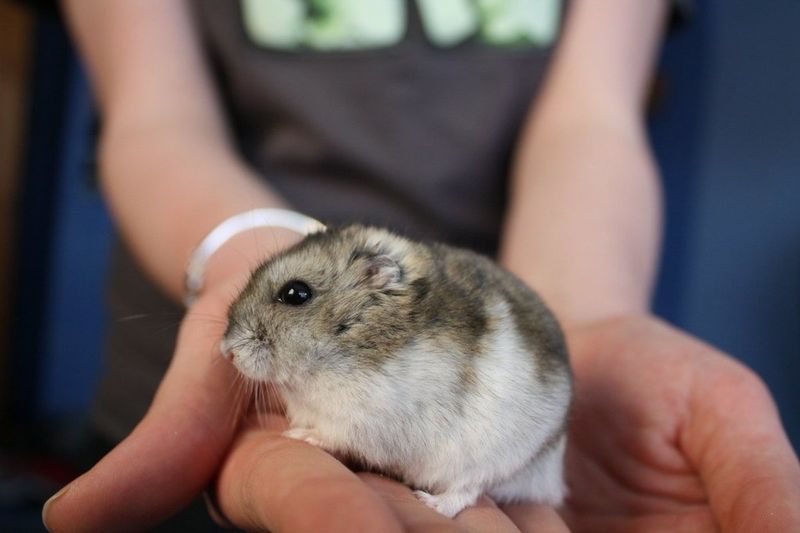
When your tiny buddy doesn’t react to their favorite sounds, hearing loss might be the culprit. While aging can play a part, sudden deafness may point to infections or more serious concerns.
Testing their response to various noises and consulting with a vet can provide clarity and ensure they’re not missing out on the auditory world.
14. Dehydration Danger
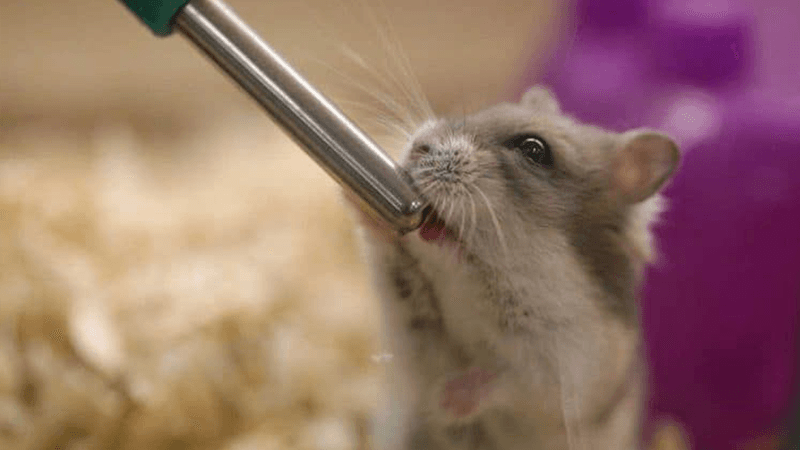
Parched lips and dry patches are no joke. Dehydration in hamsters can escalate quickly, leading to severe issues.
If your pet’s water bottle is suddenly full more often, or you notice skin changes, it’s time to investigate. Prompt hydration and a vet check can prevent complications from what might seem like a minor inconvenience.
15. Fading Interest in Play
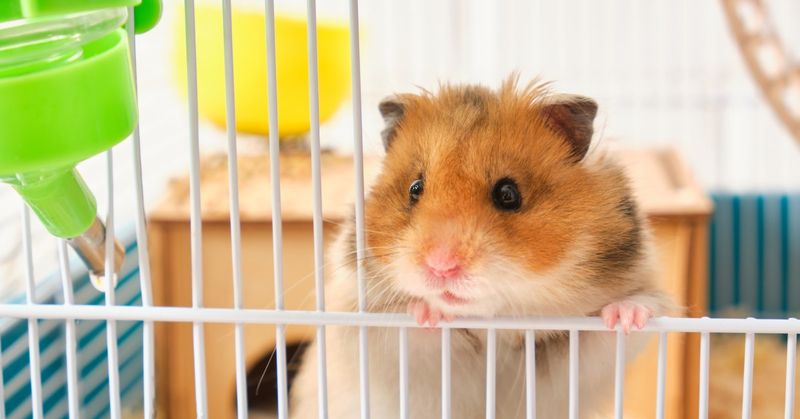
Remember when every new toy was the best thing ever? A shift from playful antics to indifference can signal that something’s off.
While occasionally ignoring a toy is normal, sustained disinterest might indicate underlying health concerns. It’s essential to keep tabs on their enthusiasm and make adjustments to their environment or seek advice when necessary.

